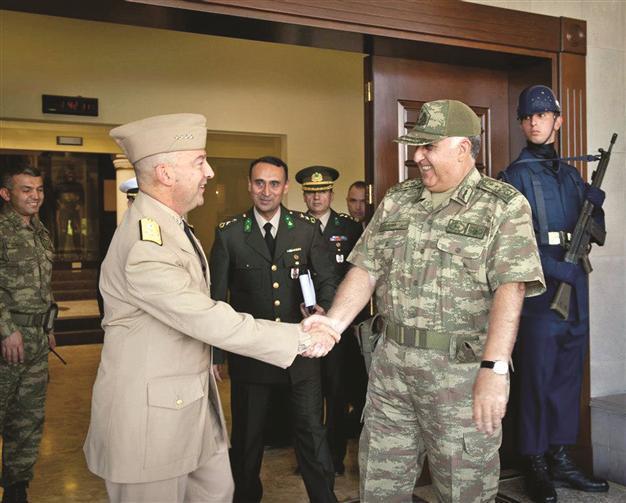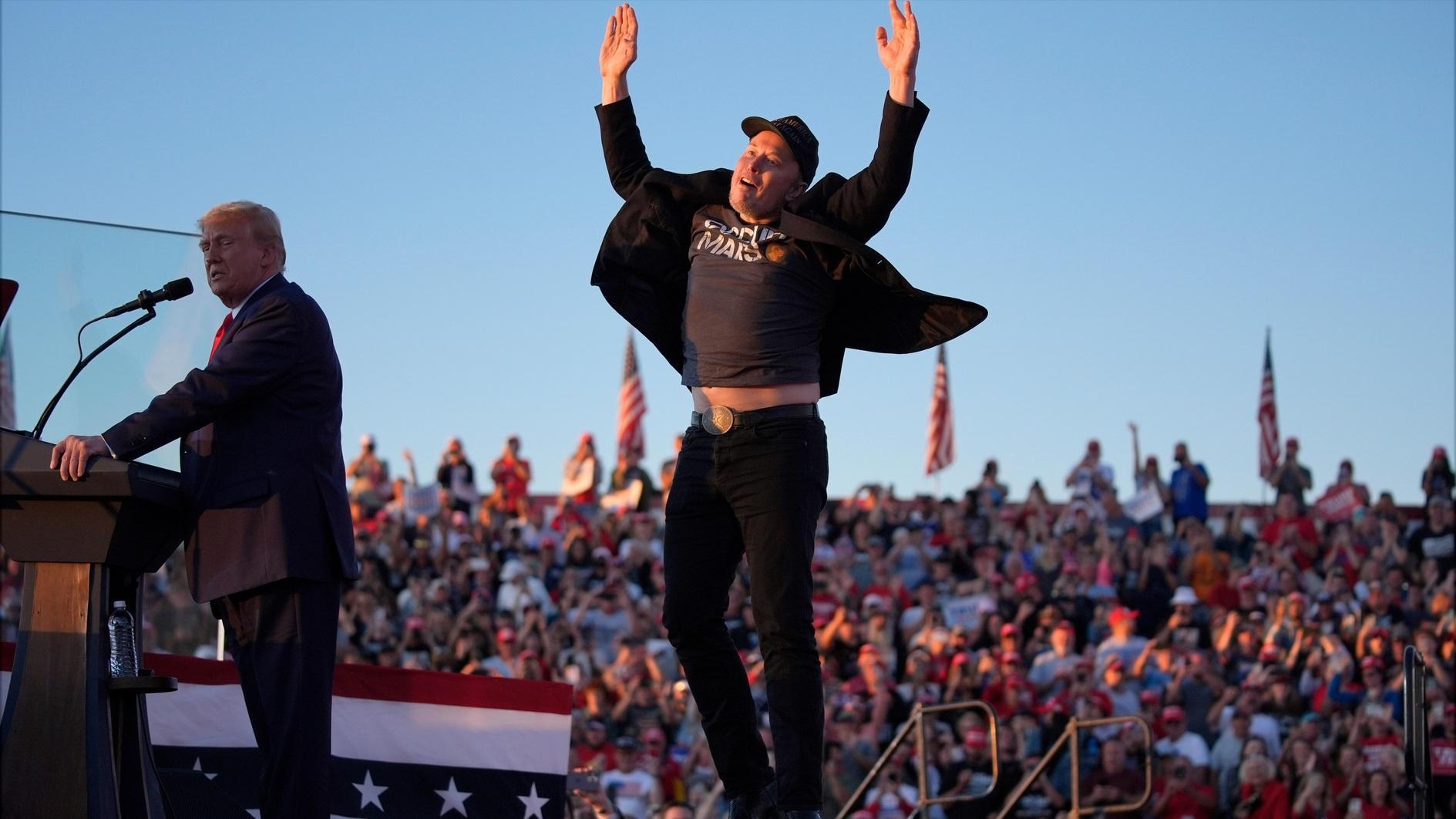Stavridis visit Turkey for regional discussions
ANKARA

Stavridis (L) meets with Gen Özel in this photo taken from his Facebook page.
Navy Adm. James G. Stavridis, who holds the two highest strategic positions in NATO, discussed the “events transpiring in the Levant” during a two-day visit to Turkey this week, according to his official website.The visit, which took place on Oct. 1 and 2, became public through an announcement by the Turkish Armed Forces (TSK) on its website on Oct. 2. Stavridis spent the first day of his visit in İzmir. On Oct. 2, he held separate meetings with Turkish Chief of General Staff Gen. Necdet Özel and Defense Minister İsmet Yılmaz.
The Allied Air Command in İzmir came under scrutiny during the discussions. The command in İzmir was most recently on the public agenda during the debates over NATO’s early warning system in Kürecik, Malatya, which is a part of NATO’s missile defense shield. The Kürecik radar system was installed to observe Iranian skies for any missile threat.
Stavridis heads both the U.S. European Command (USEUCOM) and is the Supreme Allied Commander Europe (SACEUR). The SACEUR is responsible to NATO’s highest military authority, the Military Committee, for the conduct of all NATO military operations.
NATO chief’s term extended one year
The NATO military alliance is extending the term in office of its current chief, allowing him to remain in office until the end of July 2014, the Associated Press reported.
NATO Secretary-General Anders Fogh Rasmussen, a former Danish prime minister, took office in 2009. Since then, he has overseen operations in Afghanistan and the air campaign over Libya. He will leave office shortly before the conclusion of NATO’s combat operations in Afghanistan, at the end of 2014.
“I am honored by the trust and support the allied governments have shown me,” Fogh Rasmussen said in a brief appearance yesterday.
Ambassadors from the 28 NATO countries made the decision to extend his term yesterday.
NATO chiefs are traditionally appointed for a four-year term with the possibility of a year’s extension.
There have been cases in which a NATO chief’s term has been extended for a few months beyond that, but in recent times secretaries-general have not been given full second terms.
















